
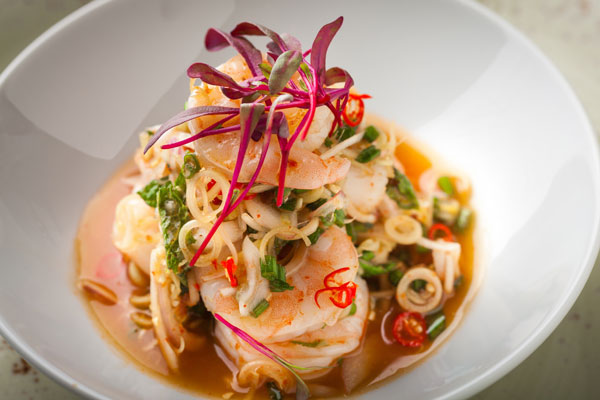 |
|
Phla goong. |
Times are changing for 'lifestyle restaurant' and global brand Mango Tree. Matt Hodges visits the mothership in Bangkok as the company gets ready to open on the Chinese mainland.
Thai dishes used to be considered too spicy for some markets, so the global Thai brand Mango Tree has for two decades been toning down its flavors outside its home country.
"Now we are telling our chefs to add one or two chilies to their dishes in most places because world palates are changing," says CEO Phithaya Phanphensophon ahead of the franchise's mainland debut later this month in Shandong province's Qingdao.
Chinese tourists have been flocking to The Land of Smiles, which introduced a visa-on-arrival waiver scheme last September, to enjoy its temples, island beaches, rock-climbing and hedonistic nightlife. More than 4.7 million visited in 2014 alone.
Dining and shopping are key parts of the traditional itinerary, and few countries offer better street food than Thailand. It is famous for its green and red curries, pad thai (stir-fried rice noodles with shrimp, tofu, egg, garlic and fish sauce), papaya salad and spicy tom yam soup. Red Bull and vodka buckets are optional.
Mango Tree keeps those staples but adds a creative, contemporary twist with dishes like lobster pad thai, steamed seafood with chili mousse in banana cup, and stir-fried barbecue duck with garlic and pepper (instead of pancakes and sweet black sauce).
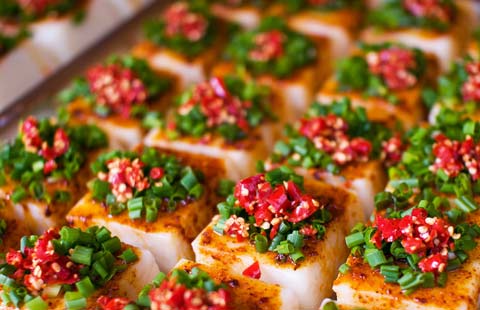
China's top 10 foodie cities |
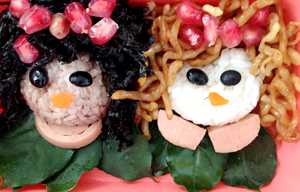
Cute boxed meals |
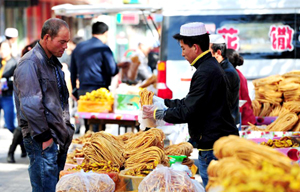
Muslims greet annual festival of Eid al-Adha in Yinchuan |
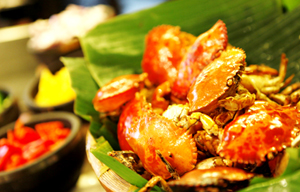
Cafe Noir hosts Singapore food festival |

Delicious handbags |
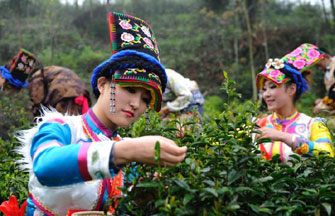
Qiang ethnic people pick spring tea leaves |
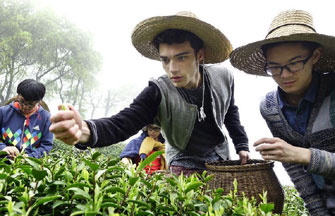
Swiss students visit tea garden in Hangzhou |
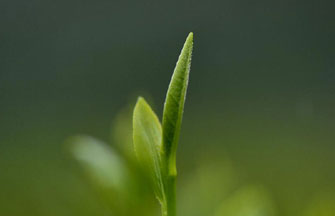
Tender leaves seen at tea garden in China's Hubei |